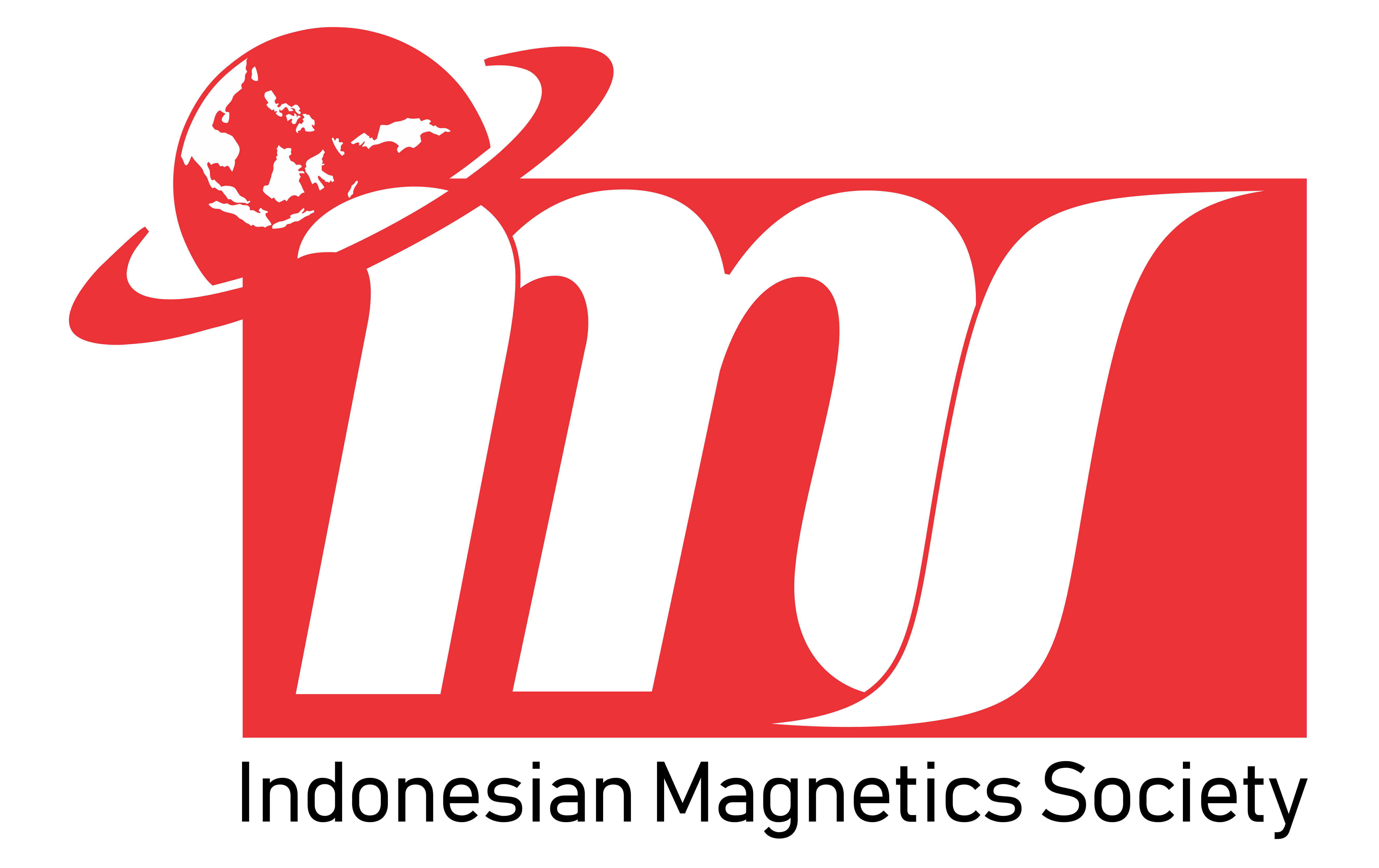Comparison of the superconducting rectangular critical fields with the same area at κ = 1.5
Abstract
Keywords
Full Text:
PDFReferences
Qiang Du, Numerical approximations of the Ginzburg – Landau models for superconductivity. Journal of Mathematical Physics, 46, pp. 1-22, 2005. https://doi.org/10.1063/1.2012127
R Rosyida, F. Anwar, and Darmanto. Numerical simulation of dimension effects on critical fields of rectangular superconductors. International Conference on Science and Applied Science, pp. 1-5, 2017. https://iopscience.iop.org/article/10.1088/1757-899X/179/1/012008/pdf
F. Anwar, P. Nurwantoro, and A. Hermanto. Critical Terrain Study on Completion of the Ginzburg-Landau Equation of the Time Gaze. Proceedings of the XXVIII Scientific Meeting of Central Java & Yogyakarta HFI, Yogyakarta, pp. 145-148, 2014.
T. Winiecki and CS Adams. A Fast Semi-Implicit Finite-Difference Method for the TDGL Equations. Journal of Computational Physics, 179, pp. 127-139, 2002. https://doi.org/10.1006/jcph.2002.7047
F. Anwar. Model Study: Effect of Proximity and Non-Isotropic Effects on the Type II Mesoscopic Superconducting Magnetic Properties. Doctoral dissertation. UGM, Yogyakarta, 2015.
Pei-Jen Lin and P. Lipavský, Gradient corrections to the time-dependent Ginzburg-Landau equation for anisotropic perturbations of quasiparticles, Physical Review B, vol. 77, pp. 1-16, 2008.
T. Ma and S. Wang, Bifurcation and stability of superconductivity, Journal of Mathematical Physics, vol. 46, pp. 1-31, 2005. https://doi.org/10.1063/1.2012128
R. Anwary, F. Anwar and H. Purwanto. Study the effect of area variations on rectangular Type II superconducting properties on the state of the proximity effect. Proceedings of the Quantum National Seminar, vol. 25, pp. 724-731, 2018.
P. Belova, K. B. Traito, and E. Lähderanta, Eilenberger and Ginzburg-Landau models of the vortex core in high κsuperconductors, Journal of Applied Physics, vol. 110, pp. 1-7, 2011.
N. Poskarina, F. Anwar, and AD Sutomo, Study on the Effects of Ginzburg-Landau Parameters on Rectangular-Shaped Type II Critical Superconductor Fields, Proceedings of the Quantum National Seminar, vol. 25, pp. 699-704, 2018.
Kuniyasu Saitoh, and Hisao Hayakawa, Time dependent Ginzburg-Landau equation for sheared granular flow, AIP Conference Proceedings, vol. 1501, pp. 1001-1008, 2012.
M. Suzuki and IS Suzuki, Lecture Note on Solid State Physics Ginzburg-Landau Theory for Superconductivity, Newyork,: State University of Newyork, 2007.
Mads Peter Sørensen, Niels Falsig Pedersen, and Magnus Ögren, The dynamics of magnetic vortices in type II superconductors with pinning sites studied by the time dependent Ginzburg–Landau model, Physica C: Superconductivity and its applications, vol. 533, pp. 40-43, 2017
Buyang Li, and Zhimin Zhang, A new approach for numerical simulation of the time-dependent Ginzburg–Landau equations, Journal of Computational Physics, vol. 303, pp. 238–250, 2015.
Jorge Berger, Time-dependent Ginzburg–Landau equations with charged boundaries, Journal of Mathematical Physics, vol. 46, pp. 1-14, 2005
M. Cyrot and M. Pavuna. Introduction to Superconductivity and High Tc Materials, World Scientific Publication co. Ptc. Ltd., Singapore, 1992.
NB Kopnin, Theory of Superconductivity, Helsinki University of Technology, 2006.
M. Tinkham, Introduction to Superconductivity, Singapore,: McGraw-Hill Inc., 1996.
Refbacks
- There are currently no refbacks.







